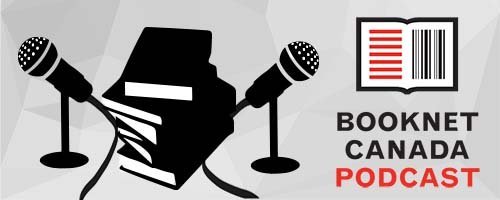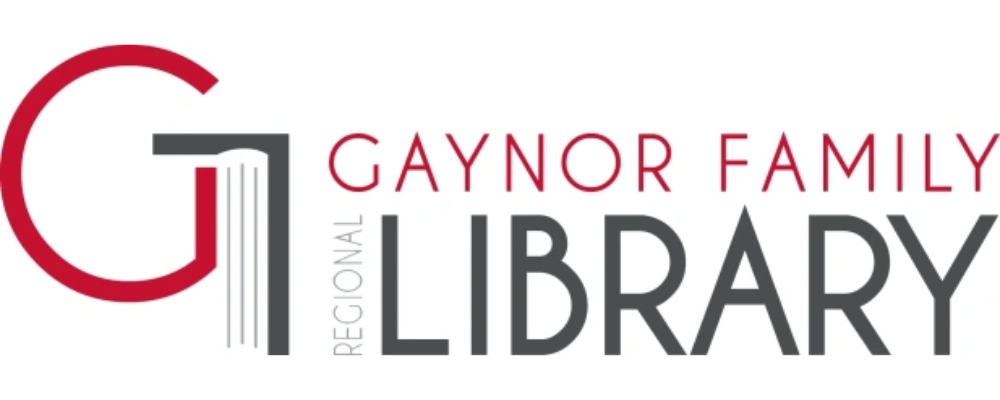This blog post continues our series where we’ll demonstrate how to highlight diverse book content using the Thema subject classification system. You can review our blog coverage of Thema here, and follow this series here.
In case you’re new to this series, here’s the main reason why we at BookNet are fans of the Thema subject classification system: compared to BISAC, Thema can communicate more granular and specific information about a book’s content which allows data senders and data recipients to share and display information about a book that represents a more diverse and inclusive range of content ripe for discovery by a marketplace that demands it.
New to Thema? Learn more about the basics here.
Thema: subject coding real life examples
In this series, we’ve been sharing EDItEUR’s examples included in their Diversity and inclusion — using Thema and ONIX to improve discoverability report, as well as Thema classification codes and qualifiers for titles by or with a Canadian contributor — author, illustrator, translator, etc.
If you wish to take your Thema knowledge even further, we highly encourage you to read our previous posts part of this series, they’re all available here.
Please note that our suggestions don’t necessarily represent the actual codes chosen by the publishers; they’re meant to stimulate discussion and reflection rather than being authoritative statements of the correct way to categorize the particular books listed.
Facing the Mountain: Indigenous Healing in the Shadow of Colonialism by Catherine Richardson / Kinewesquao 🍁 from JCharlton Publishing
Nowhere in the texts on counselling, recovery, or lifespan development does it make links between well-being and not having your land stolen. When an entire people are generally portrayed as mentally ill, because that is, of course, what it means to have a diagnosis of clinical depression, anxiety, or post-traumatic stress disorder, it is easy for the State to view these people as unfit to manage their lives. Then, all sorts of functions are performed on Indigenous families that are tantamount to victim-blaming formulations that, in the end, deny opportunities associated with full citizenship.
With this in mind, Catherine Richardson / Kinewesquao’s Facing the Mountain: Indigenous Healing in the Shadow of Colonialism has been published to discuss “how mainstream counselling and the helping professions have overlooked important facts about oppression” with a personal memoir approach where the author “shares her own experience as an Indigenous woman with Métis, Cree and Gwichin heritage.” Moreover, Catherine Richardson / Kinewesquao is an academic with extensive professional experience as a family therapist.
So, let’s explore how Facing the Mountain could be categorized according to the Thema subject categorization.
Points of Reference: Publisher-provided metadata
In lieu of an ONIX record from the publisher, we've referred to information about the book posted on the publisher’s website, and on retail websites (such as McNally Robinson, Strong Nations, and University of Victoria Bookstore). On such sites, we have found associations with the following subjects*:
Biographies
Cree (Nehiyawak)
Dene
Dinjii Zhuh (Gwich’in)
Métis
First Nations
Healing and Wellness
Health
Indigenous
Indigenous Canadian
Indigenous Peoples
Indigenous Peoples in Canada
Indigenous Resistance & Decolonization
Indigenous Studies
Personal Narratives
Social and Cultural Studies
Social Work
Women's Studies
We’ll use this information, as well as the publisher-provided book description, to imagine theoretical subject categorization according to the Thema subject categories hierarchy, using EDItEUR’s Thema browser.
Theoretical subject categorization
GTS: Decolonisation of knowledge / Decoloniality — supported by and given context to selections from the following codes:
JBSL11: Indigenous Peoples
JBFN: Health, illness and addiction: social aspects
JKS Social welfare and social services
JBFA: Social discrimination and social justice
DNC: Memoirs / DNBA: Autobiography: general
VFJB3: Coping with / advice about cancer
Accompanying qualifiers
5PBA: Relating to Indigenous peoples / 5PB-US-E: Relating to Native American people
1KBC: Canada
Rationale
Every so often books come along that smash open worldviews and allow readers to see through another’s eyes. In recent years, I’m thinking of books like The Hate U Give by Angie Thomas, Braiding Sweetgrass by Robin Wall Kimmerer, or The Marrow Thieves by Cherie Dimaline. Books that expose readers to viewpoints and experiences beyond their own. Facing the Mountain: Indigenous Healing in the Shadow of Colonialism has all the ingredients to continue the conversation started by The Body Keeps the Score: Brain, Mind, and Body in the Healing of Trauma by Bessel van der Kolk and invites readers to uncover a more nuanced understanding about colonialism and its impacts on Indigenous lives. The publisher has included a note from the author in its product description: “If there is one take away from this book, it is the reality of health and social inequalities for Indigenous people due to colonization.” In a time when a global pandemic has taken millions of lives, equity-seeking groups are often vulnerable populations.
But all this dialogue gets lost if potential buyers and readers cannot find the book.
Subject categorization is a key tool available to publishers to inform store buyers and library catalogers where a book should find its rightful audience — shelve this book here; list this book there — that's how the book’s expected audience will discover this unique book. Choosing the right subject category is one of the publisher’s most consequential early decisions in the publishing process.
Let’s get down to the rationale behind the proposed subject categories for this book, shall we?
This book offers an excellent opportunity to show off a new Thema code that highlights the progressive opportunities offered by the world’s subject classification system. Released in version 1.5, code “GTS, Decolonisation of knowledge / Decoloniality”, allows publishers to indicate books with content related to:
epistemological or epistemic decolonization;
decolonialism; and
works that explore the widening of an approach to knowledge or to what is studied and how it is studied.
In the notes, users are instructed to accompany this code with other subject codes for works that examine this in the context of a specific topic. With that in mind, I have suggested the following as possible codes to accompany:
JBSL11: Indigenous Peoples
JBFN: Health, illness and addiction: social aspects
JKS Social welfare and social services
JBFA: Social discrimination and social justice
Any number of other subject codes may be appropriate to categorize this book and would require the publisher’s close reading of the text and an informed and restrained hand to select additional ones to inform the trade. While the list appears above, I must commend the publisher’s description of the book, which suggests the content could find a home in many sections around the store: social studies, belief systems including Indigenous worldviews, memoir and autobiography, and health and wellness.
* Independent from standardized subject classifications, such as BISAC subject codes.
Want more worked examples?
To read more examples as they are posted, subscribe to our weekly eNews. And if you’re a Canadian publisher interested in submitting a Thema classification for one of your titles so it can be shared in this series, please get in touch with us!















Want to make data-informed decisions? We can help.